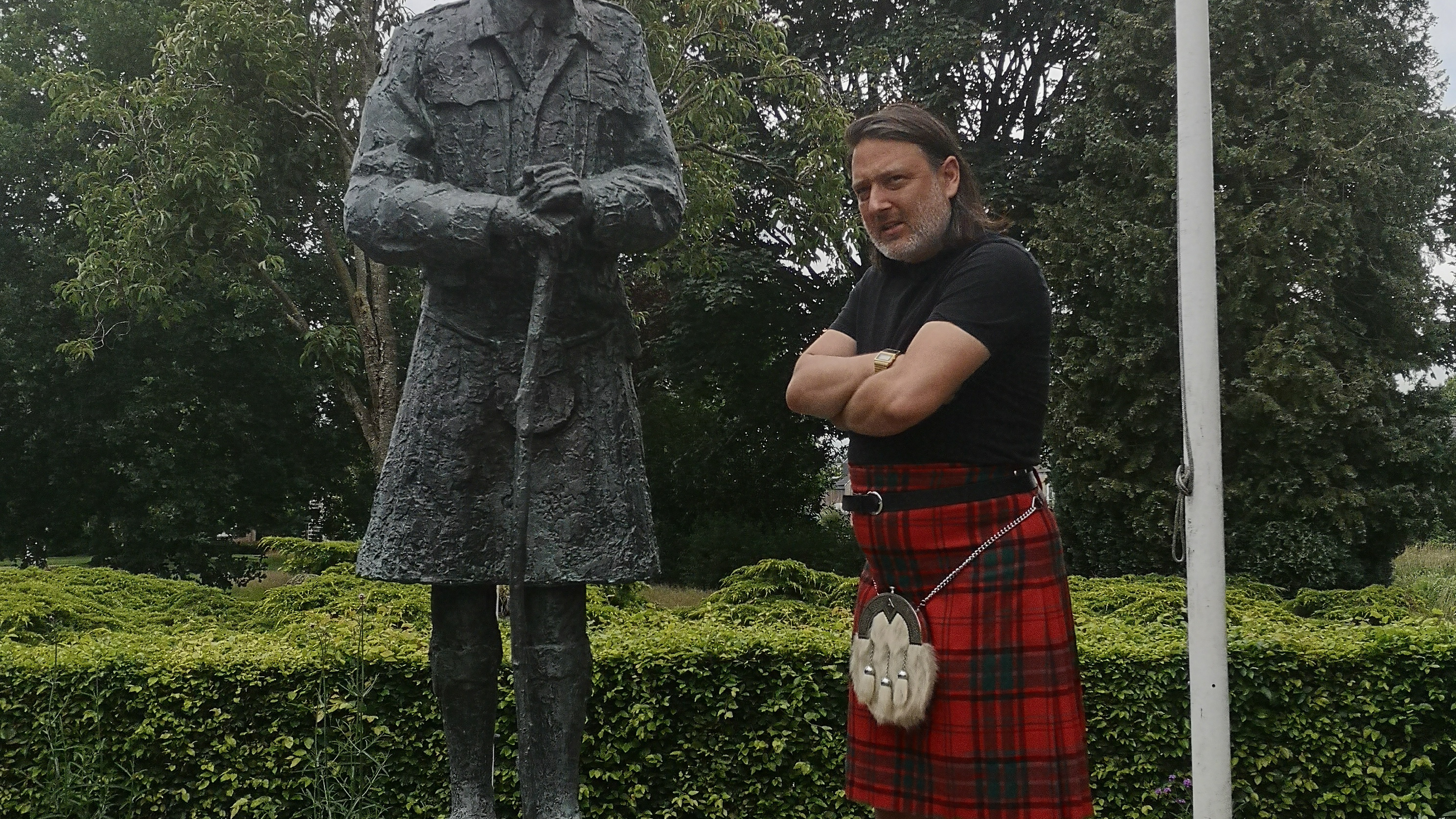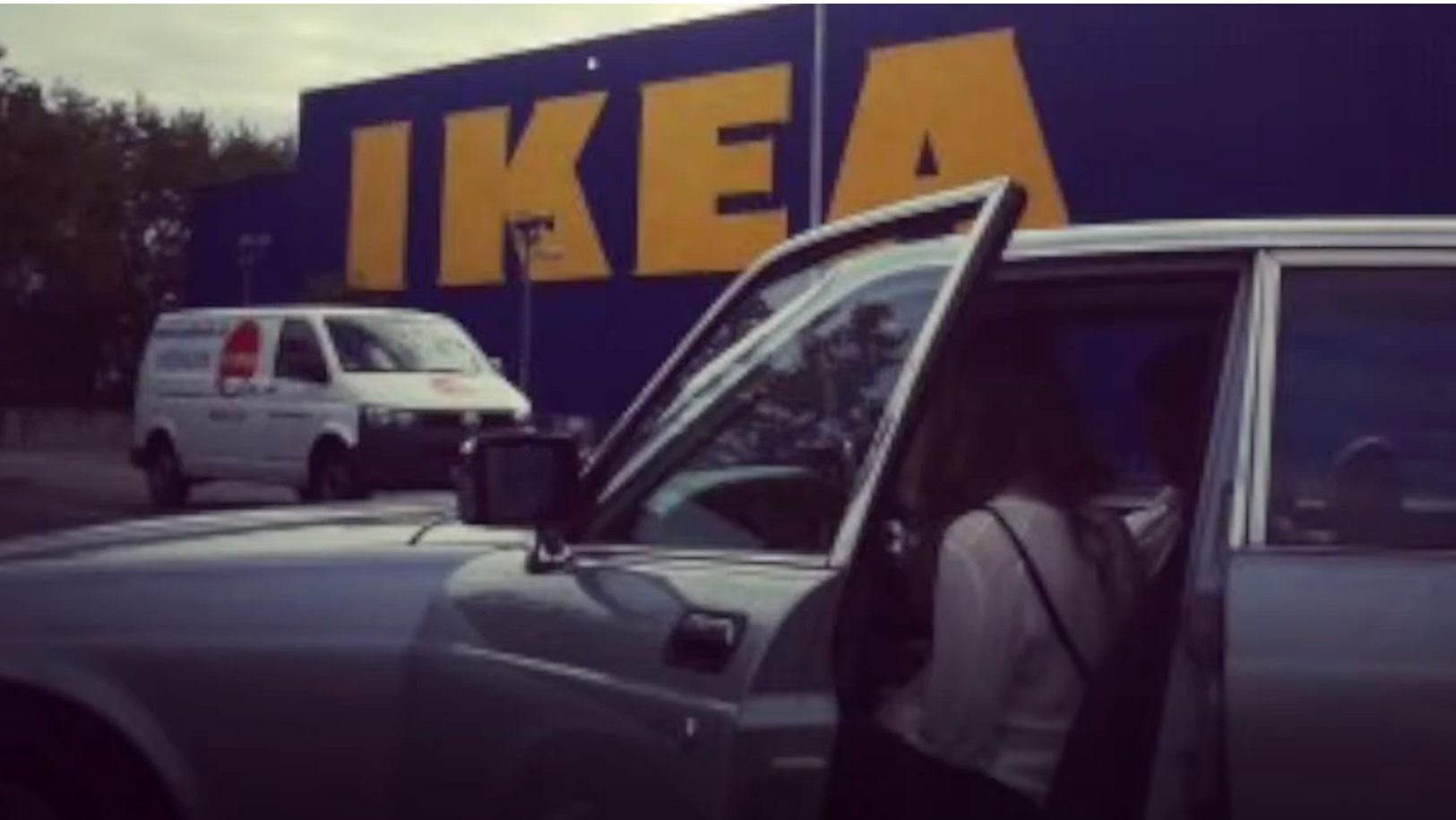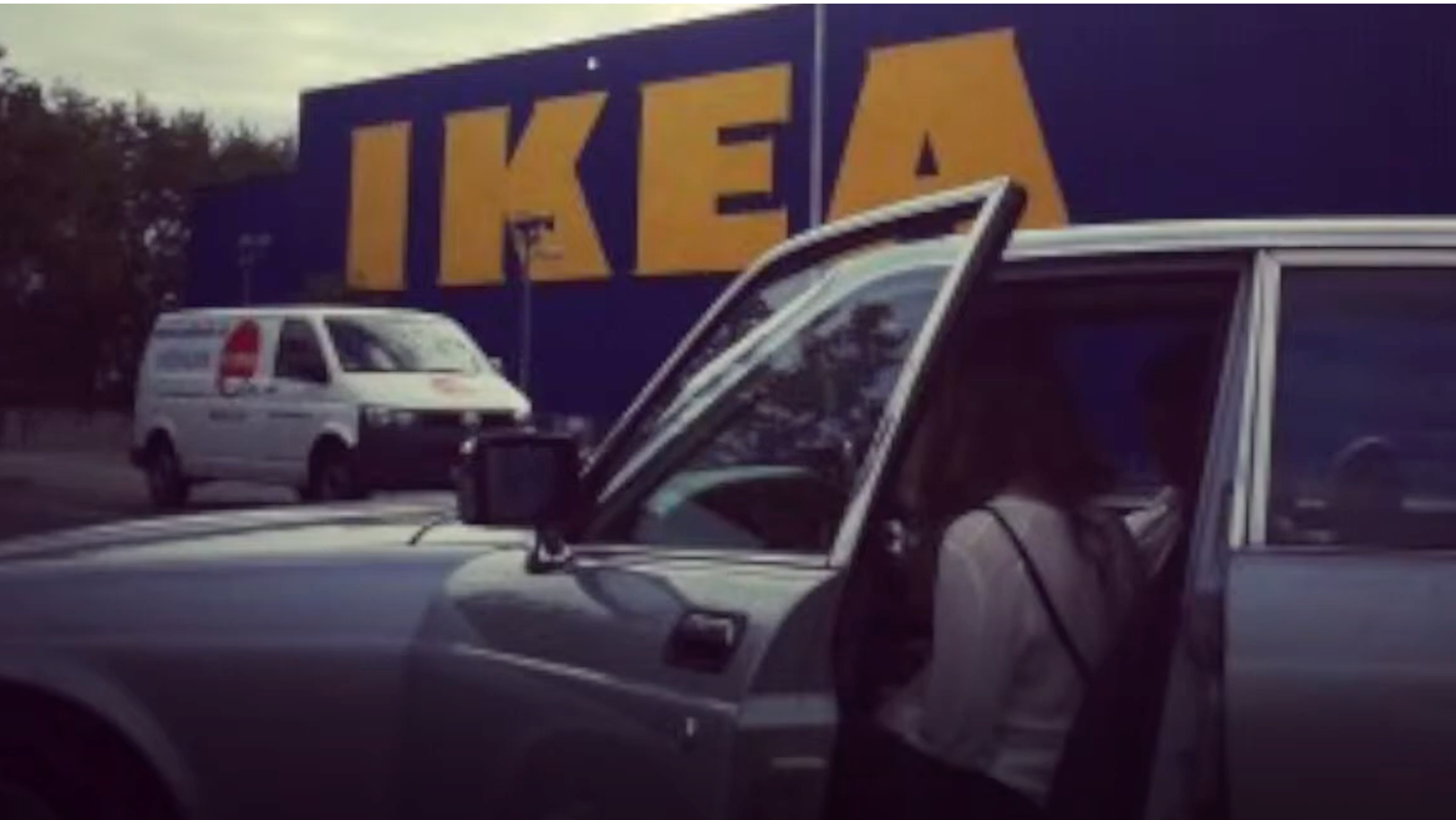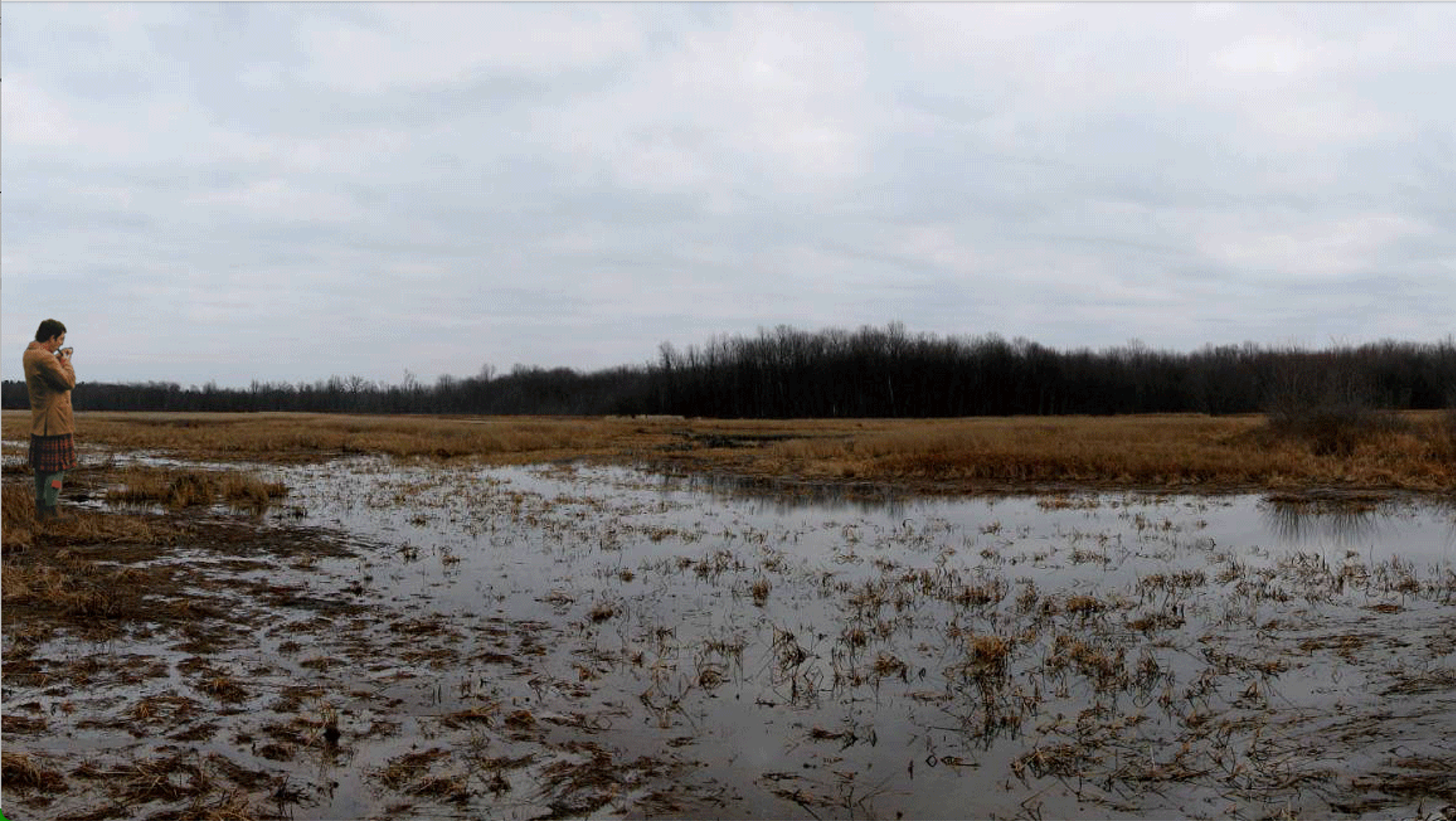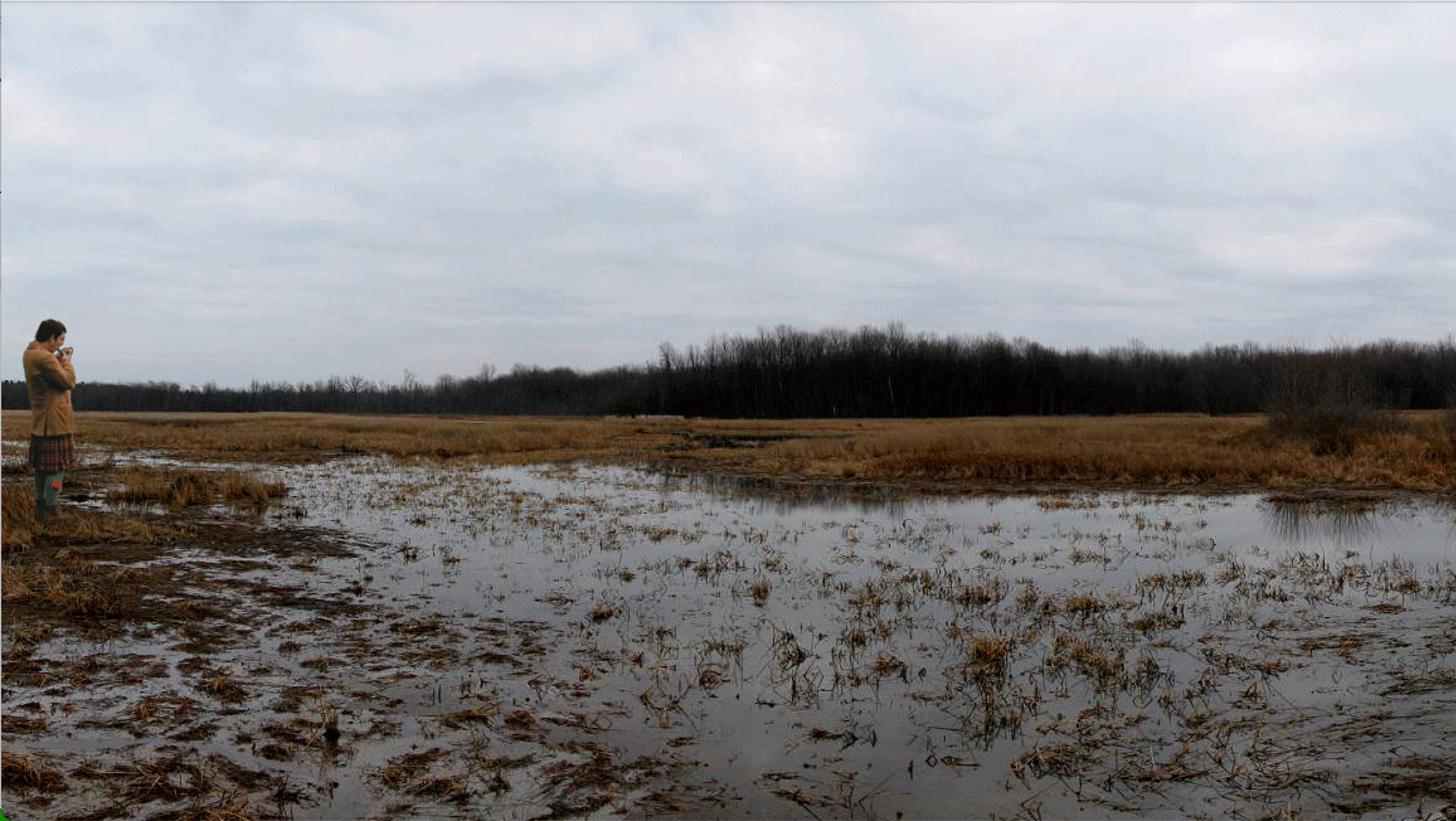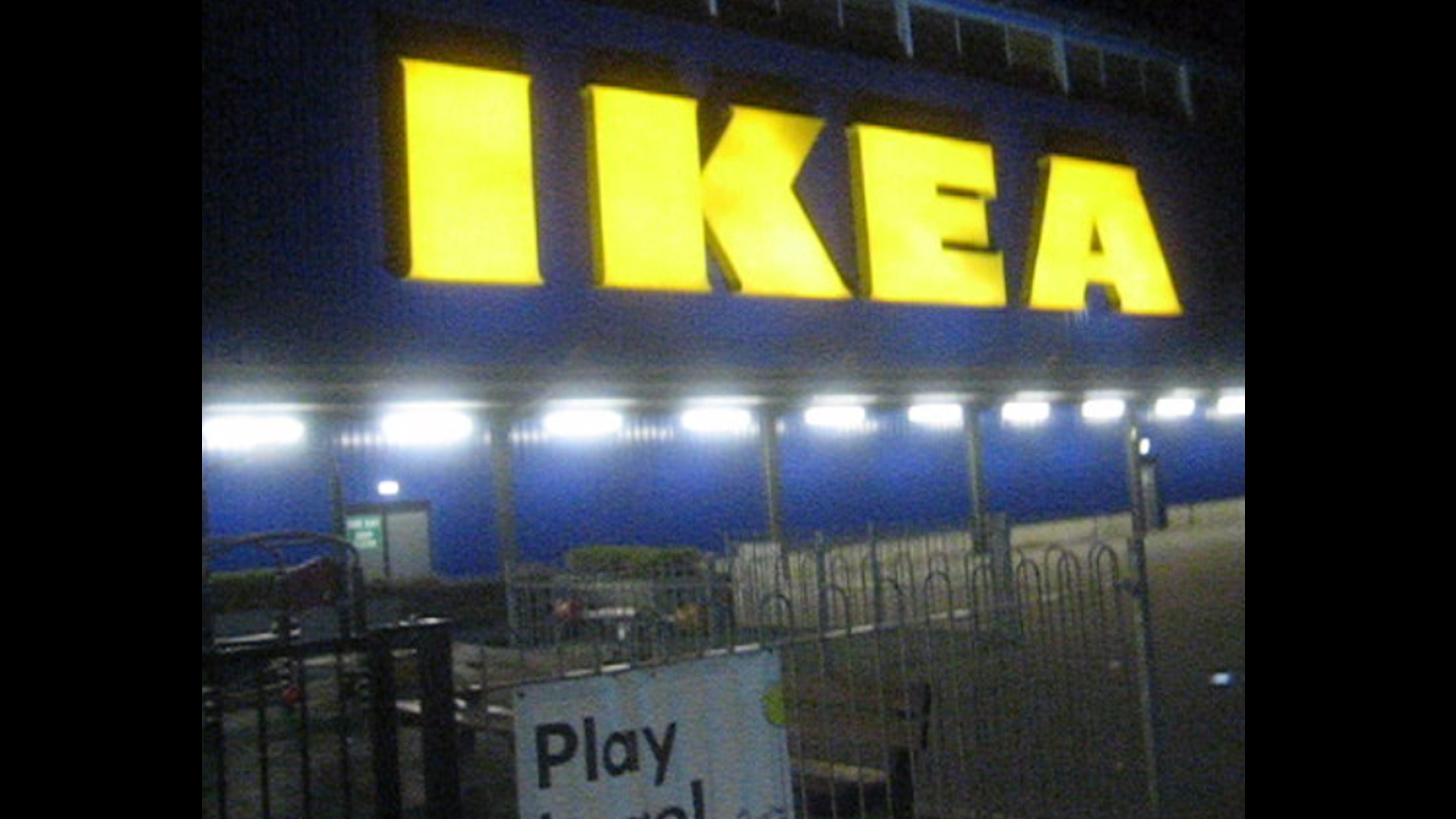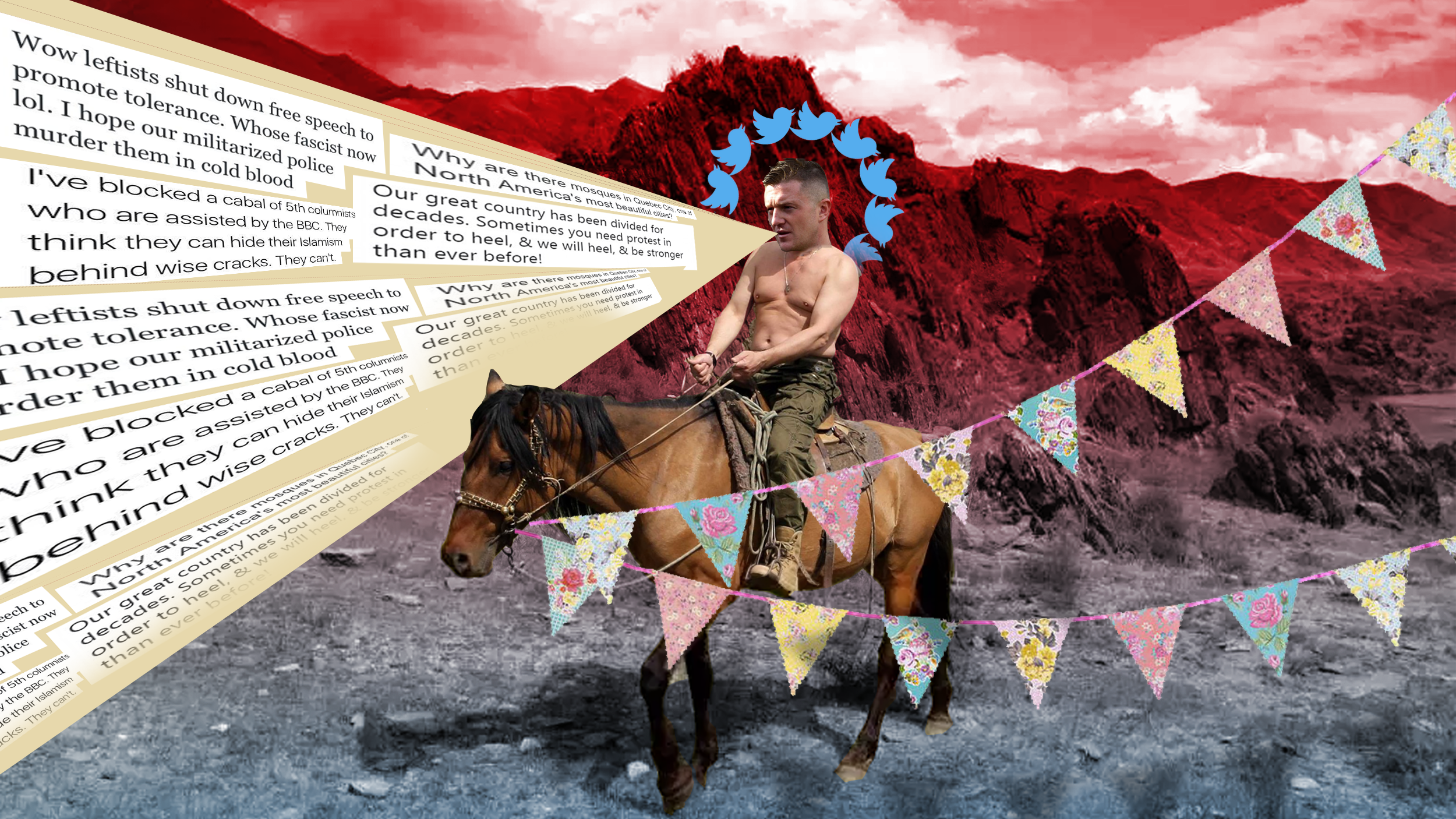2019 saw the 400th anniversary of the transatlantic slave trade. The EU,
having failed to make a multilateral apology for the transatlantic slave trade in 2001 (since the text was blocked by the British and the Dutch), is still yet to find the diplomatic means to formally apologise. As European commerce with Africa is under threat from the Chinese Belt and Road initiative, many European nations are prepared to unilaterally apologise for slavery, in return for some added economic influence.
having failed to make a multilateral apology for the transatlantic slave trade in 2001 (since the text was blocked by the British and the Dutch), is still yet to find the diplomatic means to formally apologise. As European commerce with Africa is under threat from the Chinese Belt and Road initiative, many European nations are prepared to unilaterally apologise for slavery, in return for some added economic influence.
Queen Marguerite of Denmark, for instance, apologised for the Danish role in the slave trade earlier this year, during the first ever Danish state visit to Ghana, during Ghana's Year of Return.
The United Kingdom is leaving the European Union and feels its new economic power lies in solidifying its trading influence among its former colonies.
This is the background in which my character, Nigel Swann, Temporary Contract Worker for research-group-partnership’s subsidiary Apology Services came to life. Now, Nigel travels the world and tries to find out what, if anything, the British should apologise for now that they have escaped the clutches of the European Union.
The first iteration of this work was developed with Ariel Bronz during the International Exposure of Israeli Theatre in Tel Aviv. Further performances have been given in Amsterdam, Brussels, Paris and London. I am Sorry toured to Berlin in February 2020.
